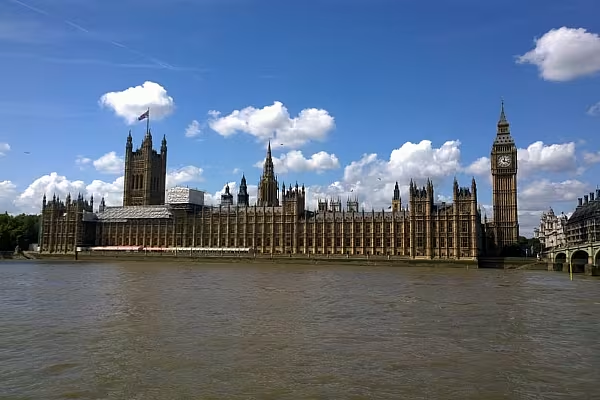With the Labour Party poised to sweep to victory in the forthcoming UK General Election on 4 July, GlobalData has suggested that it may take some time for Keir Starmer's policy agenda to have a positive effect on the retail sector.
According to GlobalData, the only retail-relevant policy in Labour's recently-published manifesto that has a prescribed timeframe is a package of labour market reforms to be delivered in the first 100 days.
Commenting on this measure, Oliver Maddison, retail analyst at GlobalData, said, “The Labour Party manifesto reiterated its commitment to introduce a ban on the use of zero-hours contracts and ‘fire and rehire’ practices, eliminate qualifying time for rights such as sick pay, parental leave, and flexible working, while strengthening both trade unions and state enforcement.
"Combined with the proposed removal of age banding for the minimum wage, retailers are likely to see slightly higher labour costs in the not-too-distant future, which may disincentivise job growth in the sector, although there is additional uncertainty as to whether removing minimum wage age banding would apply to under-18s.”
Read More: Majority Of UK Supermarket Shoppers Would Vote Labour In General Election: Study
Encouraging Signs
Overall, however, retail executives are likely to be "encouraged" by Labour's policy pledges, he added, despite many of these not having a specific timeframe attached, likely leading to a slower implementation schedule.
"The manifesto promises non-specific structural reforms to business rates, indicating that the policy detail is likely to be thrashed out once Labour enters government, backloading the implementation timeline," said Maddison.
"Similarly, the manifesto reiterates a commitment to reform the apprenticeship levy into a 'growth and skills levy’ to give businesses greater freedom to upskill their workforce, but offers no concrete timeline. In such cases, retailers may be able to have greater input on the precise shape of policy outcomes through a greater scope for consulting with policymakers"
Planning Reform And Crime
In terms of other measures relating to the retail sector, planning reform is on the Labour agenda, "given its centrality to achieving future growth, but concrete effects will likely take time to come to fruition," said Maddison.
A promised crack down on shoplifting and assaults on retail staff are likely to form part of a broader effort to reduce crime and "clear the backlog in the courts", he added, while the effect of expanding the Low Pay Commission’s remit to consider the cost of living when setting the minimum wage "will likely take time before it makes a significant additional difference to retailers’ hiring costs."
Inflation Warning
Elsewhere, the British Retail Consortium has said that the latest CPI inflation figures, which indicate that headline inflation has fallen to 2.0% and food inflation to 1.7%, should not be taken for granted by the incoming government.
"Falling energy prices continue to be the main driver behind the fall in the headline rate however, a lower inflation rate in clothing and furniture also contributed," commented , Kris Hamer, director of insight at the British Retail Consortium. "Food inflation fell the fourteenth month in a row, and those with a sweet tooth will be happy to see that the price of chocolate and confectionary products fell on the month.
“Hitting the 2% target is welcome news, however, it is vital that inflationary progress is not taken for granted by the next government. Retailers are working hard to limit price increases for their customers, and the next administration must play their part in reducing cost pressures on retailers and the customers they serve. Addressing key costs such as the business rates burden, which leads to customers paying a higher price at the till, must be a priority for whoever forms the next government.”













